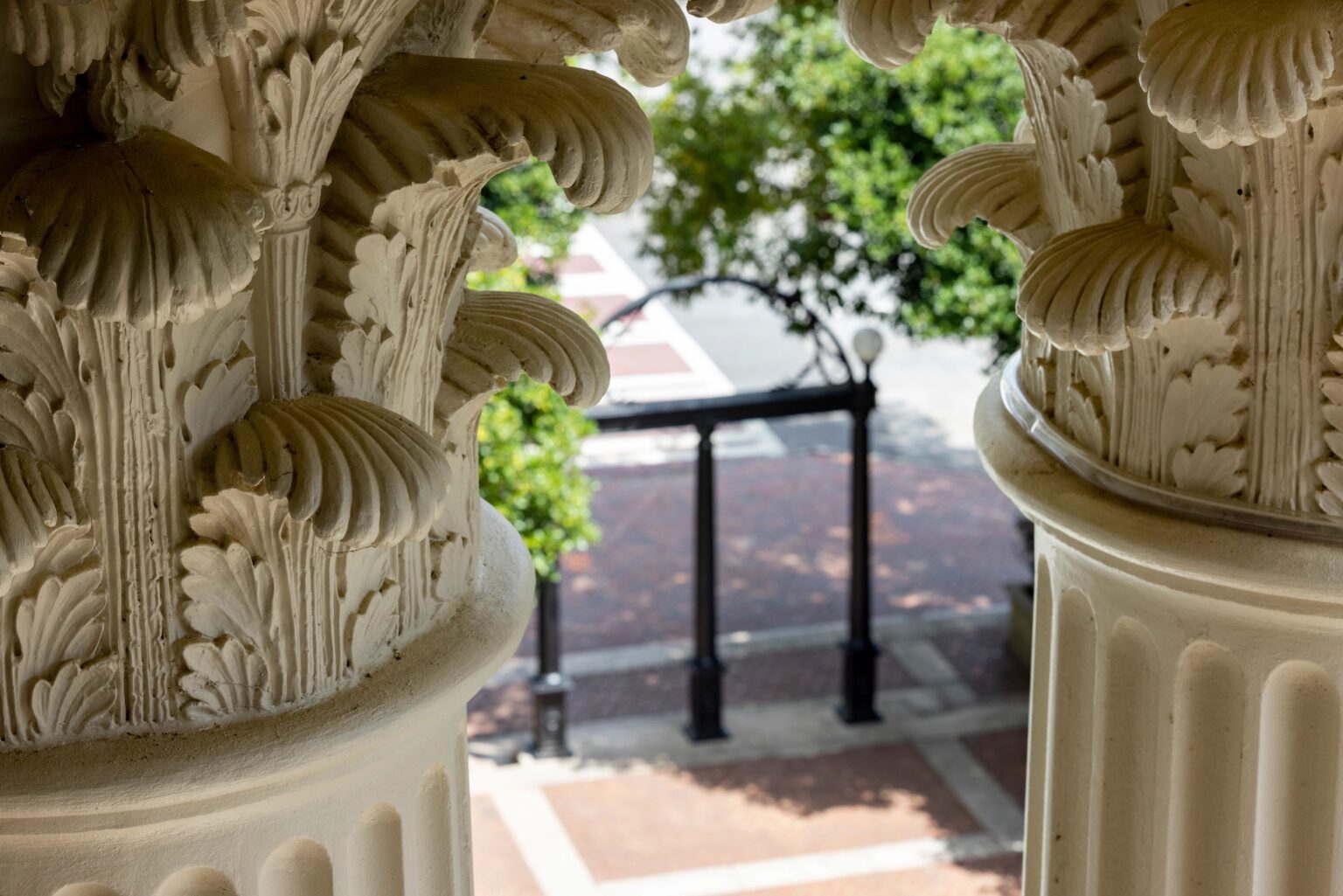In the beginning, gardeners would add compost and other organic matter to fertile native soil to create a paradise for their vegetable plants.
Before 1850, virtually all U.S. nitrogen fertilizer was in the form of natural organic materials, mainly livestock manure and legume "green manure." Gardeners added these to their soil, which they considered the storehouse of plant nutrients.
Then all that changed.
Inorganic fertilizers began supplying low-cost plant nutrients. And many gardeners began to see fertilizer, soils and their vegetable crops in a new light.
From Soil Management to 'Fertilizer Management'
|
| A rototiller is an excellent tool to work compost into the garden soil. |
The emphasis shifted from soil management (building and maintaining fertile soils) to "fertilizer management." Gardeners saw bags of fertilizer, not the soil, as the primary source of plant nutrients.
That's not good.
Inorganic fertilizer, in and of itself, isn't the problem. Except for special situations such as "organic gardening" that may prohibit them, inorganic fertilizers play a big role in supplying garden vegetables with needed nutrients.
The problem is that many gardeners now rely exclusively on them. That short-changes their gardens, because nutrient content is only part of the story.
Compost Adds More Than Nutrients
Besides nutrients, organic fertilizer provides many other benefits that make the soil more productive. Soils' organic-matter content greatly affects how productive they can be.
That's because organic matter, besides containing nutrients:
- Makes the soil better able to hold those nutrients and release them to plants.
- Enables soil to hold more water.
- Reduces crusting.
- Reduces compaction.
- Buffers the soil against rapid changes in acidity.
- Enhances microbial activity.
Together, these factors improve the soil's structure and make it more productive. Unfortunately, the benefits they provide are often lacking in soils fertilized only with inorganic products.
Not All Organic Matter Equal
Organic matter is plant and animal matter in various stages of decay. But all organic matter is not created equal. Quality compost is the best form for gardens.
Compost is made from livestock manure, chicken litter, plant debris, etc. But finished compost is quite different from the raw materials it was made from.
During composting, microorganisms break down organic matter aerobically (in the presence of oxygen) until the microflora (tiny plants) and organic matter become stable.
In compost, high quality is defined by more than the nutrients and organic matter it does contain. It's also marked by the pathogens and weed seeds it doesn't contain.
And that's not all.
Compost 'Good Guys' Work for You
Quality compost has high populations of nonpathogenic microflora. You can't see them, but they're working for you. They can actually suppress diseases and nematodes.
If you don't routinely apply compost in your garden, plan corrective action now.
Compost needs to be incorporated before you plant, so it's likely a little late to apply it this spring. However, summer is the ideal time to apply compost for the fall garden.
As soon as you finish picking your spring vegetables, work 10 to 12 pounds of high-quality compost into each 30 square feet of the garden.
It will make your soil better. It may even give you some of the healthiest, most beautiful vegetables you've ever grown.







